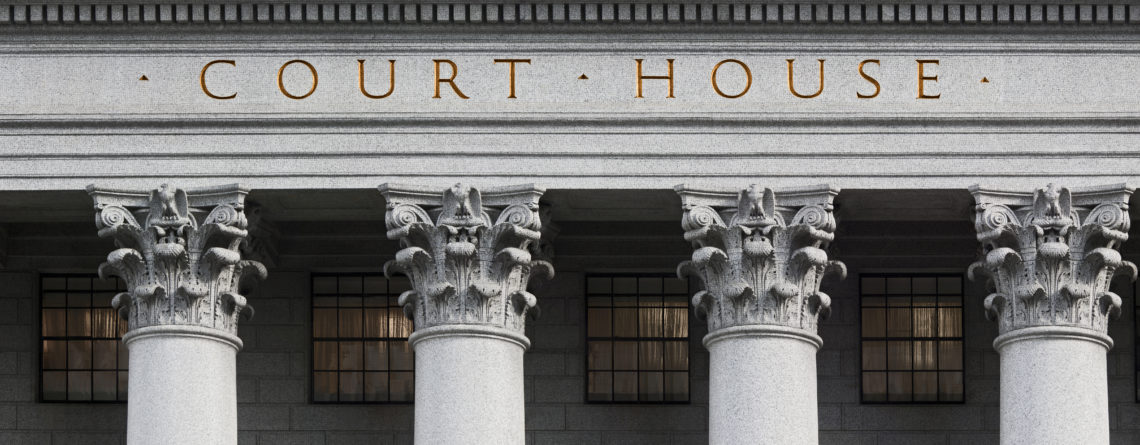Audit Costs as Part of Fund’s Judgement
Posting by Andrew Staab
A recurring theme mentioned by Larry Beebe on trustee reluctance to engage in regular and routine payroll audits is COST (e.g., “It’s too expensive!” or “The cost does not justify the result.”). My standard response to such comments is that audit costs are a recoverable expense under ERISA, specifically 29 U.S.C. §1132(g)(2). Although the statute does not specifically say “audit costs,” it does include:
(D) reasonable attorney’s fees and costs of the action, to be paid by the defendant, and
(E) such other legal or equitable relief as the court deems appropriate.
Under either of these provisions, Fund Counsel can easily articulate a statutory basis for the Fund’s recovery of audit costs. In addition to the above-stated statutory language, Funds would benefit from a contractual basis to recover audit costs either in the Collective Bargaining Agreement or a separate written employer acknowledgement.
There are many cases dealing with Funds’ attempts to recover costs, and a few of them address the topic of audit costs. On July 1, 2009, the United States Court of Appeals, 7th, sent tremors throughout the land of Payroll Auditing in the case of Trustees of the Chicago Plastering Institute Pension Trust v. Cork Plastering Co., 7th Cir. No. 07-3960. This case is important insofar as it is a judicial instruction manual of how Funds should claim audit costs as a part of their judgment against a delinquent employer.
Part D of the statute above mentions “reasonable attorney’s fees,” and the Cork Plastering case puts payroll auditors’ costs in the same category as attorney fees. Whether payroll auditors and fund attorneys wish to be lumped together is the topic of another blog entry, but the 7th Circuit expanded the standards used to determine whether to award attorney fees to the question of whether to award audit costs. “We can think of no reason why the work of lawyers and auditors is so different that the reasonableness of their fees must be judged by different standards.” Judge Ilana Diamond Rovner, U.S. Court of Appeals, 7th Circuit.
In the Cork Plastering case, the Fund sought recovery of over $45,000 in audit costs, which might have appeared excessive in the eyes of the trial and appellate courts. The request was denied, because the Fund failed to disclose the qualifications, experience, and billing rates for the auditors. Also, the Fund failed to itemize the auditors’ time records. As with attorney fee requests, the 7th Circuit was concerned about two things: 1) Duplication of efforts between auditors; and 2) Reasonableness of auditor billing rates.
Let the results of the Cork Plastering case guide you the next time you request an award of auditor fees. You would assist the Judge by addressing the concerns raised in Cork Plastering. It might seem like overkill and too much information at first, but these fees and services are nearly always already outlined in the auditor’s billing statements, and it sure beats being denied the award.







